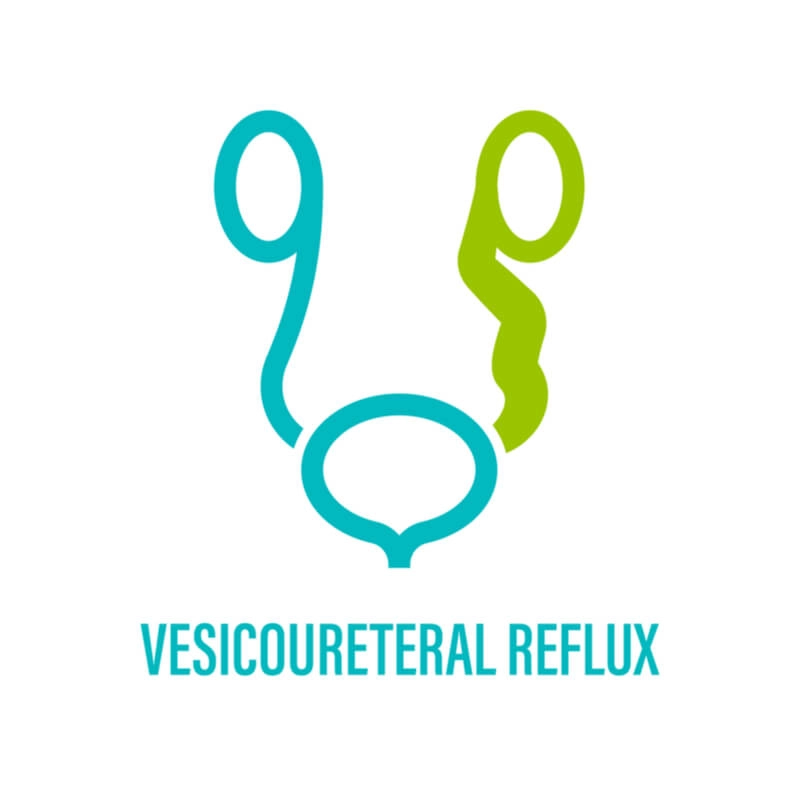Home/Wellness Zone/Sakra Blogs
2nd Feb, 2021

Vesicoureteric reflux is the abnormal flow of urine from the bladder back up the ureters that connect the kidneys to the bladder.
In normal conditions, urine flows from the kidneys through the ureters down to the bladder which is unidirectional.
This condition is usually diagnosed in children when they presented with urinary tract infection or ultrasound abdomen revealing dilated ureters. it increases the risk of urinary tract infections and if left untreated can lead to kidney damage.
Symptoms of Vesicoureteral reflux?
The signs and symptoms of vesicoureteral reflux include:
A strong, persistent urge to urinate
A burning sensation when urinating
The need to pass urine frequently
Cloudy urine
Fever
Pain in the side of the abdomen
Untreated vesicoureteral reflux in children can lead to bedwetting, constipation, high blood pressure, and protein in the urine.
How is vesicoureteral reflux treated?
The treatment of vesicoureteral reflux depend on the severity of the condition. Children with mild cases of vesicoureteral reflux don’t need any surgery or medication.
For severe vesicoureteral reflux, treatment options include:
Medications: Medicines are given to keep the infection from moving into the kidneys and the children are monitored for as long as he or she is taking medicines.
Surgery: Vesicoureteral reflux surgery is done to repair the defect in the valve between the bladder and each affected ureter. An obstruction in the valve keeps it from closing and preventing urine from flowing backwards.
Sakra World Hospital pediatric urologists examine each patient thoroughly and exam to fit each patient and family. Sakra World Hospital has a state-of-art pelvic floor rehabilitation program to help cure these conditions.
Enquire Now
